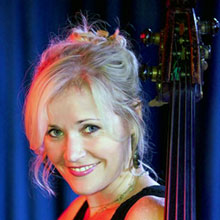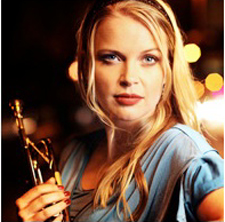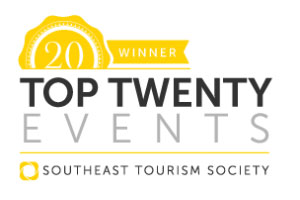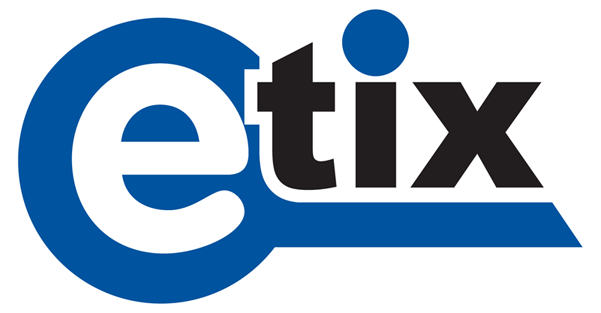We are excited about offering a new Q & A Segment to the Website profiling our 2015 artists. As the countdown to the Festival begins, what better way to get to know more about the performers that enhance our festival. This month Nicki Parrott.
What/Who are your musical influences?
There are so many great musicians that have inspired me, but I’ll try to narrow it down to a handful. Early on, I was lucky to have studied with bassists Ray Brown, John Clayton and Rufus Reid. I learnt a lot from them. Also Les Paul who I worked with for 10 years remains a big influence.
Also I admired and was able to get to know some pretty extraordinary women like Marian McPartland and Carline Ray who was a bassist and vocalist who played with the International Sweethearts of Rhythm.
When it comes to singing, I listen to everyone, but in particular Ella Fitzgerald, Peggy Lee, Dinah Washington and someone who really swings when she sings, Rebecca Kilgore.
What have been your musical highlights/accomplishments over the past year?
I recorded another 2 vocal/ bass albums for the Japanese record label, Venus records. So far I have made 13 recordings for Venus. One of those records was a French music album, so I learnt to sing in French for the first time and sing some wonderful songs.
I also started a record company called OoRoo records so that I can start releasing some of those recordings here in the States.
I recorded another trio CD with Rossano Sportiello and Eddie Metz on the Arbors jazz label. This will be coming out around thanksgiving this year.
I’ve also been touring Europe 3 times this year and enjoying that. A little jazz cruising here and there, and generally just trying to enjoy making music and meeting new people along the way.
Where do you see traditional jazz in today’s musical landscape? It’s influences and importance?
I think traditional jazz has been a bit marginalized over the years and often ignored in the media and in critics circles but I don’t think it will ever disappear. There are always more and more young people playing it all over the world, and playing it well, and they are driven and working very hard at it.
Yes it’s more and more difficult to make a living perhaps, but it will remain important because it’s a happy music and as long as you can keep an audience entertained, there will always be a place for good swinging jazz!
What separates the North Carolina Jazz Festival from other festivals that you have participated in?
What makes the North Carolina Jazz Festival unique to me is the audience.
They are loyal jazz fans and very supportive of the musicians.
It’s a very relaxing atmosphere because you know quite a few people in the audience already and there’s lots of catching up to do.
I also like the idea of a featured artist/ artists on the Thursday evening. I don’t think any other jazz party does this, but I like it because the audience gets to hear new programs and new artists that they may not have heard before. I also like the proximity to downtown Wilmington, the shopping and restaurants!
What similarities does the NCJF have with other festivals that you have participated in?
I feel the camaraderie between the musicians and the audience happens at most jazz festivals is very special. To me this only really happens in jazz.
This informal but often comedic and relaxed atmosphere happens when you get good musicians and an appreciative audience together.
It doesn’t happen this way in other fields of music in general, so it’s fun to just see what happens when you improvise and think on your feet!
What has been your most memorable moment performing on stage?
Wow. Where to start; playing at the Manly Jazz festival in Sydney when I was 16.
Meeting and playing with Paul McCartney when Les Paul was still alive was fun.
Les Paul’s 90th birthday party with so many great guests at Carnegie Hall was great.
Playing with Michel LeGrand’s trio with the New York Pops at Carnegie Hall was wonderful.
Leading a band for the Fujitsu Concord jazz festival in Japan was a huge highlight.
Even playing a small club with great musicians on stage with a nice audience can be a thrill when the music is really good and the audience is there with you.
Anything else?
I do believe it is a privilege to play music and make a living and play all around the world. I still love doing it and hope that people will always value the arts and culture in society and support the arts. It makes life sweeter I believe!
BRIA SKONBERG




